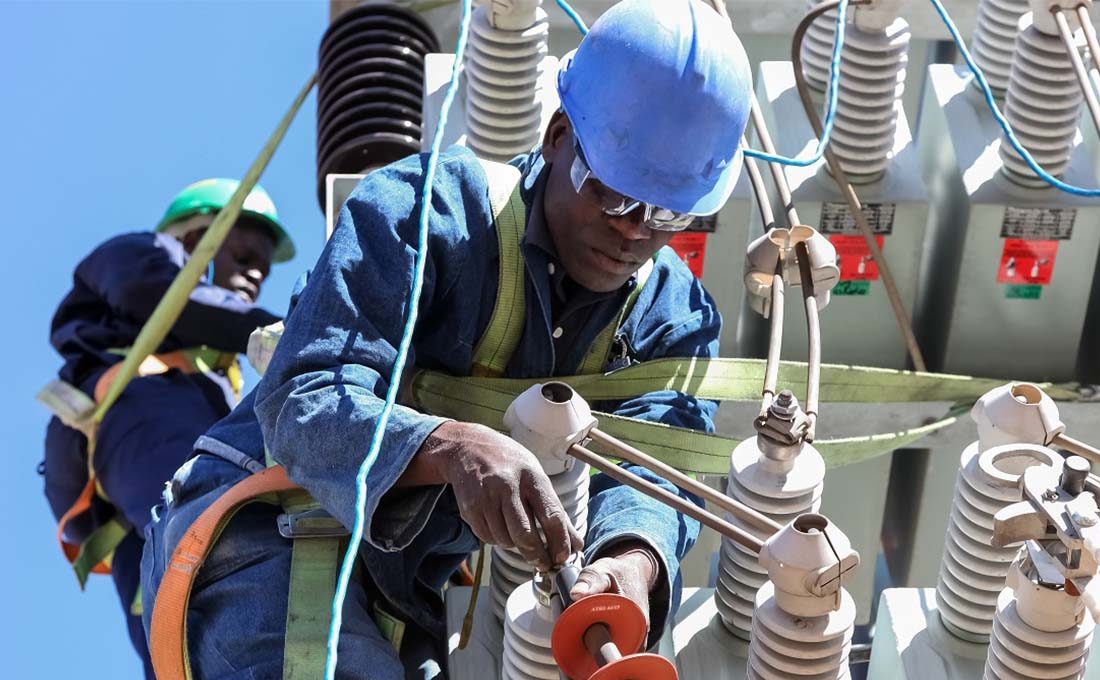Africa, boasting the world’s fastest-growing economy, encounters a formidable hurdle on its path to unprecedented growth—the soaring cost of energy, specifically electricity.
Yahoo Finance reports that the global electricity market presently values at over $1.94 trillion and anticipates reaching $3.9 trillion by 2032. This surge is a consequence of a projected 3.3% year-on-year increase in electricity demand fueled by population growth and economic development across industrial, residential, and commercial sectors. Africa, in its ascent, must confront these challenges to optimize revenue and control costs.
While Africa globally maintains relatively low electricity costs, specific regions grapple with prices that strain household incomes. Additionally, insufficient electricity supply accentuates the urgency to address energy concerns.
Addressing the multifaceted challenge of exorbitant electricity costs in Africa necessitates a holistic approach, factoring in average household income, electricity infrastructure, and access gaps. The impact on the economies of affected regions is substantial.
Courtesy of Global Petrol Prices, a platform delivering current information on global retail energy prices, including motor fuel, electricity, and natural gas, the following list presents the ten African nations grappling with the highest electricity prices as of March 2023.
| Rank | Country | Price of electricity (kilowatt/hour) | Global rank |
|---|---|---|---|
| 1. | Cabo Verde | $0.316 | 20th |
| 2. | Mali | $0.219 | 37th |
| 3. | Rwanda | $0.207 | 42nd |
| 4. | Burkina Faso | $0.206 | 43rd |
| 5. | Gabon | $0.205 | 44th |
| 6. | Togo | $0.194 | 48th |
| 7. | Senegal | $0.183 | 52nd |
| 8. | Kenya | $0.172 | 56th |
| 9. | Uganda | $0.170 | 58th |
| 10. | Sierra Leone | $0.155 | 65th |
This data offers a snapshot of the electricity landscape in 2023, emphasizing the need for strategic interventions to balance costs, accessibility, and infrastructure development in these nations.











